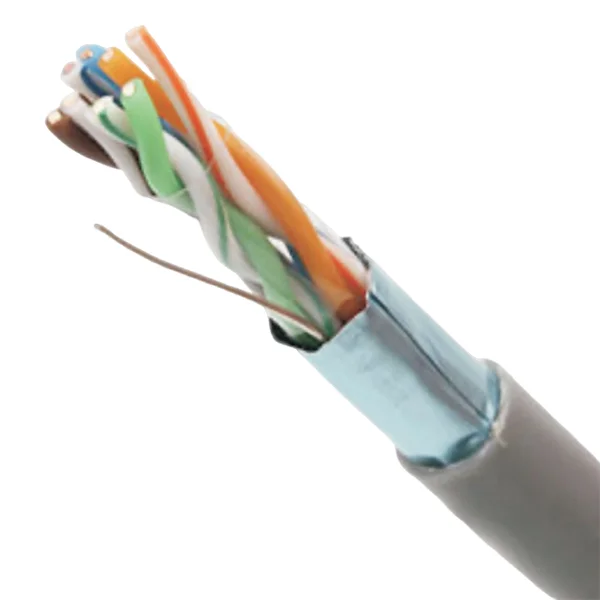When it comes to electrical wiring, choosing the right type of solder is crucial for ensuring a secure and reliable connection. With a wide range of solder options available, it can be overwhelming to determine which one is best suited for your specific needs. In this comprehensive guide, we will explore the different types of solder for electrical wires, their characteristics, and the factors to consider when making your selection.
- Lead-Free Solder:
Lead-free solder has gained popularity due to environmental concerns associated with lead-based solder. Composed of a mixture of tin, silver, and copper, lead-free solder offers excellent conductivity and reliability. It is widely used in various electrical applications, including circuit boards, automotive electronics, and consumer electronics. - Rosin-Core Solder:
Rosin-core solder, also known as flux-core solder, is a popular choice for electrical wiring. It contains a flux core, which helps remove oxidation and ensures a clean solder joint. Rosin-core solder is ideal for general-purpose electrical work, such as soldering wires, connectors, and small components. It provides good electrical conductivity and is easy to work with. - Silver Solder:
Silver solder, as the name suggests, contains a significant amount of silver. It offers superior conductivity and is commonly used in high-performance electrical applications, such as aerospace and medical devices. Silver solder requires higher temperatures for melting and is often used in conjunction with a flux for optimal results. - Solder Paste:
Solder paste is a convenient option for surface mount technology (SMT) applications. It consists of tiny solder particles suspended in a flux medium. Solder paste is typically used with a stencil to accurately deposit solder onto circuit boards, making it suitable for mass production. It is essential to choose the right solder paste composition based on the specific requirements of your SMT project. - Factors to Consider:
- Melting Point: Consider the temperature requirements of your application and choose a solder with a melting point compatible with the materials being soldered.
- Flux Type: Different flux types offer varying levels of activity and residue. Consider the cleanliness requirements of your project and select a flux that suits your needs.
- Wire Gauge: The thickness of the wire being soldered can influence the choice of solder. Thicker wires may require higher melting point solders for a secure joint.
- Application: Consider the specific electrical application, such as automotive, industrial, or consumer electronics, and choose a solder that meets the necessary standards and regulations.
Conclusion:
Selecting the right solder for electrical wires is crucial for achieving reliable and long-lasting connections. By considering factors such as lead-free or lead-based solder, flux type, wire gauge, and application requirements, you can make an informed decision. Whether you are working on a small DIY project or a large-scale industrial application, choosing the appropriate solder will ensure the integrity and performance of your electrical connections.

